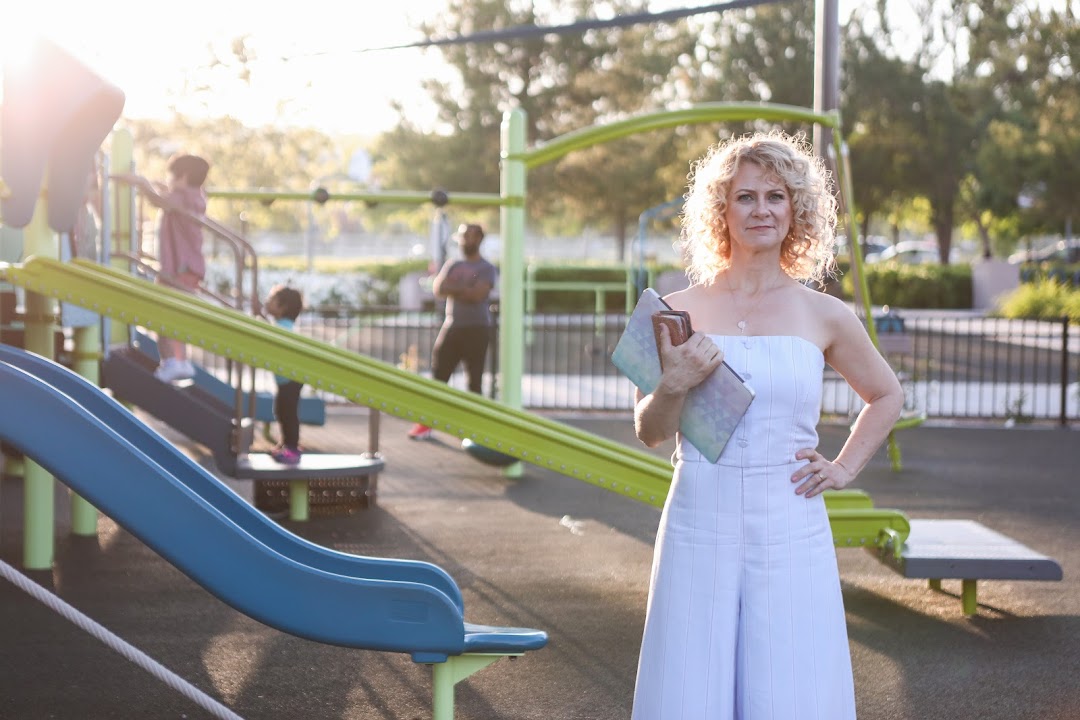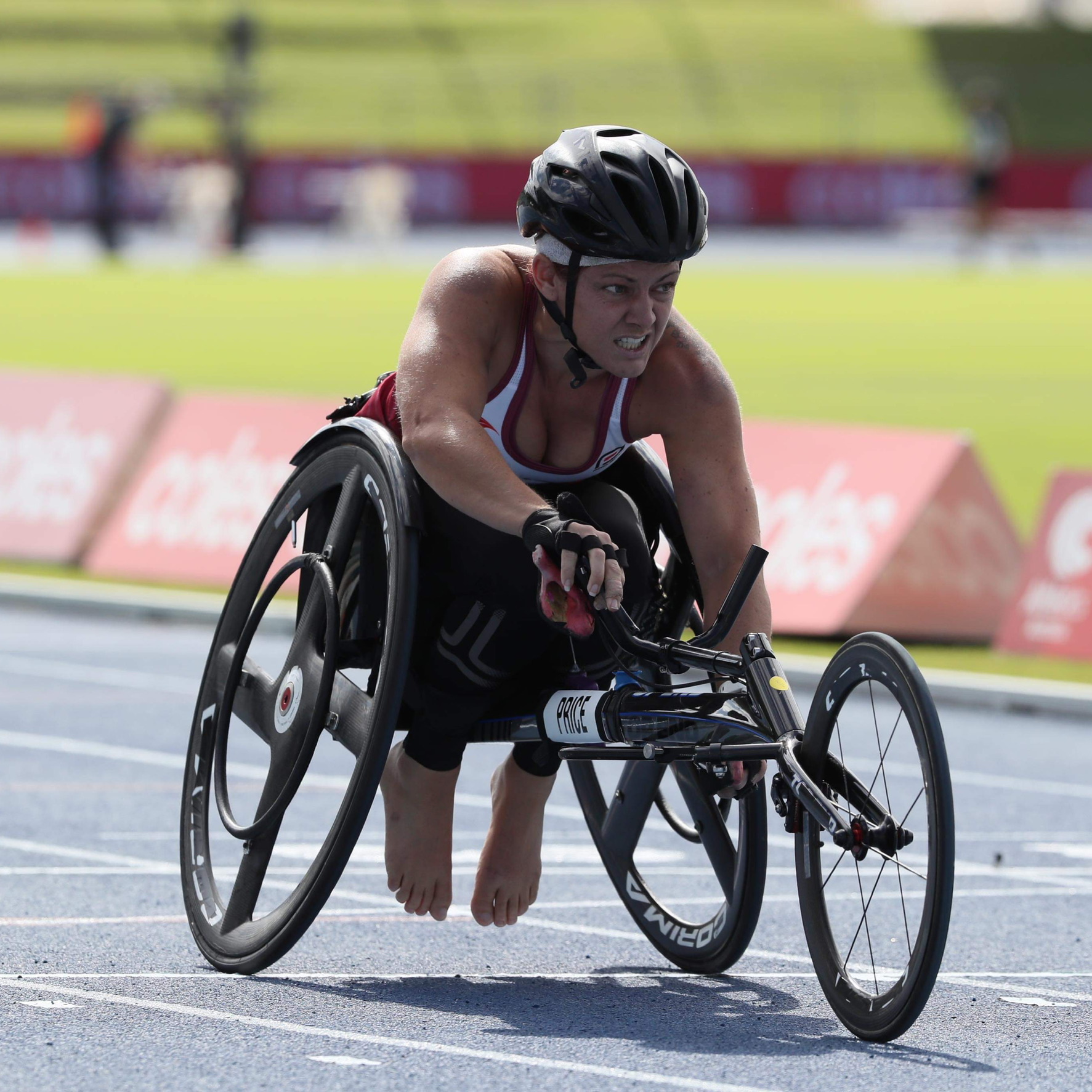NO LIMITS WITH HAEMOPHILIA
“Haemophilia shouldn’t limit what people do,” says Clive Smith, qualified barrister, prominent haemophilia patient advocate and keen sportsman. As if to reinforce his point, Clive has not only competed for Great Britain in the European duathlon championships but is also training for his fifth Ironman Triathlon, one of the most extreme endurance events in the world.
“I have always had a love of sport,” Clive tells This Is MedTech. But growing up with severe haemophilia A in the 1980s, before the availability of preventative therapies, his opportunities to get involved were limited.
Haemophilia A is a rare bleeding disorder caused by partial or complete deficiency of the blood clotting protein Factor VIII. As a result of his severe form of the condition (<1% of normal factor VIII activity), Clive experienced regular internal bleeds as a child, causing damage to his joints.
“I had a lot of bleeding into my left elbow and ankle,” Clive explains. “I spent a fair amount of time up to around the age of nine or ten using wheelchairs and crutches to help me get around.” But then preventive treatments became available. Instead of being reactive, Clive started treating proactively, injecting himself with recombinant factor VIII three times a week.
“It was quite literally life-changing,” Clive says. “I could walk relatively normally and take part in things like PE and football.” At university, he began training at the gym. Then later in his 20s, inspired by his wife, he took up running, diverting onto cycling and swimming to build his strength in his legs and ankles when running caused the re-emergence of previously controlled ankle bleeds.
Having built up his tolerance, Clive went on to compete in regular races, marathons, duathlons (run-cycle-run) and triathlons (swim-cycle-run), including the world-renowned Ironman Triathlon: a 3.8K swim, 180K cycle and 26-mile marathon… back to back, all in one day. “My first ironman was huge because no one had ever done it before with my condition,” Clive recalls.
While recombinant factor VIII has changed Clive’s life, medical technology has also played a key role. Not only was Clive diagnosed at a very early stage due to a family history of the condition, but blood tests have also supported his journey along the way, particularly in determining the optimal dosing regimen for his medication.
A mobile app also enables Clive to record his treatment and bleed information. Linked to his hospital, the app helps his medical team to monitor his treatment and decide on a plan to manage any bleeds as quickly as possible.
While Clive’s outstanding sporting achievements are proof of what can be achieved with haemophilia, his work as Chairman of the Board of The Haemophilia Society (UK) and board member of The World Federation of Haemophilia helps him to support others with the condition. Regular talks and a personal blog also raise awareness of what is possible.
“If treatment gets better then attitudes to what people should be able to do with haemophilia also need to get better,” says Clive. “It is always going to be a case of testing the boundaries. But somebody has to be the first person to do that so, who knows, it might be you.






